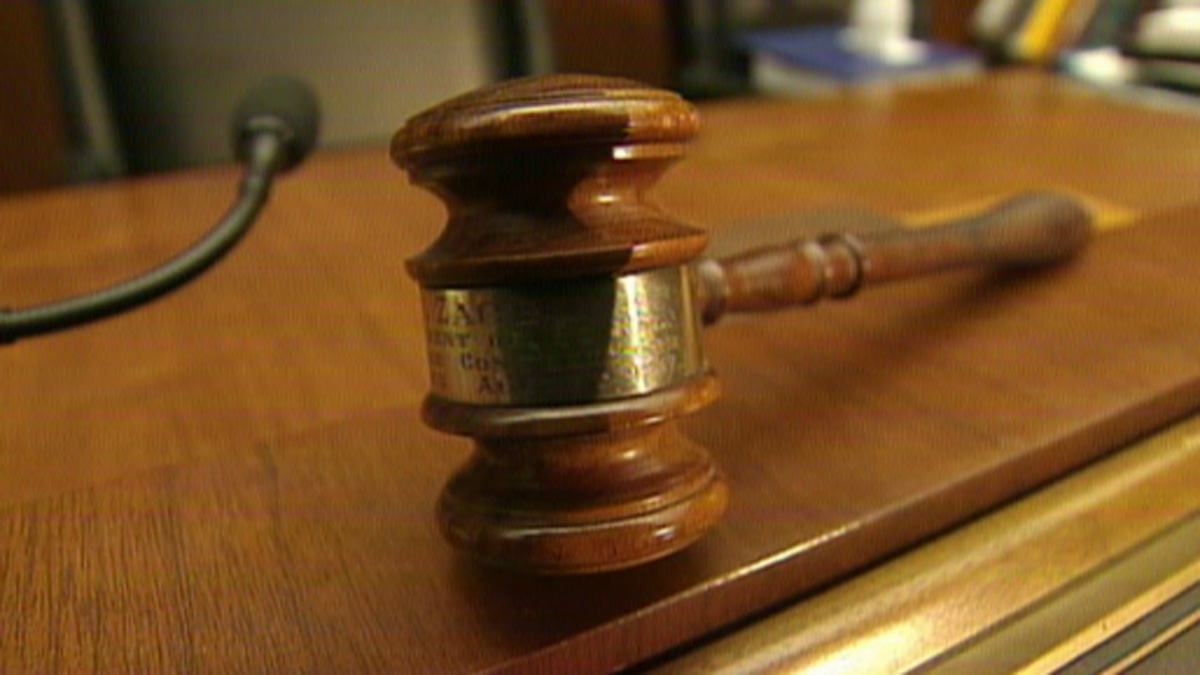A controversial criminal justice reform bill may not appear directly on your ballot this November, but voters should make no mistake: the fate of the SAFE-T Act will very much be impacted by the results of the upcoming election.
The SAFE-T Act, passed by the General Assembly in Jan. 2021 and signed by Illinois Gov. J.B. Pritzker, tackles a host of issues that impact policing, sentencing and the correctional system, but at its heart is a fundamental change to how the state handles pretrial detention, with the legislation eliminating cash bail.
That change has spurred a flurry of controversy, with Republicans panning the bill as a threat to the safety of Illinoisans and Democrats arguing that the legislation will make the criminal justice system fairer.
As a result, elections up and down the ballot could potentially impact the SAFE-T Act's fate, especially with pending legal challenges still moving their way through the courts.
Feeling out of the loop? We'll catch you up on the Chicago news you need to know. Sign up for the weekly Chicago Catch-Up newsletter here.
The bill has taken center stage in the governor’s race between Pritzker and State Sen. Darren Bailey, his Republican opponent in the 2022 election. Political action committees supporting Bailey have blasted Pritzker because of the legislation, arguing that it would cause threats to public safety by making it harder for judges to order defendants to remain in jail pending trial. Bailey himself has called for the measure to be repealed.
Election Headlines Ahead of Nov. 8
Pritzker has responded by arguing that eliminating cash bail will make the justice system fairer by removing financial means from the equation when determining whether or not a suspect should remain in jail, and also says that some provisions of the bill would make it more likely that suspects would be jailed in certain situations, including in domestic violence incidents.
The attorney general’s race also has featured plenty of discussion about the bill, with Republican candidate Thomas DeVore calling for the SAFE-T Act’s repeal and current Attorney General Kwame Raoul defending the legislation.
As legal challenges to the legislation continue, with some arguing that it violates due process and others arguing that its rapid passage by the General Assembly may have circumvented state law, the state’s Supreme Court could become involved, and the ideological makeup of that court will also be up for grabs this November.
Top races, voting FAQ and more. Get everything you need before Election Day with our Voters Guide.
While two Republican justices and two Democratic justices will not be on the ballot, three other races will be. In the first district, comprised of Chicago and Cook County, Democratic Chief Justice Mary Jane Theis will face a retention vote, needing 60% of ballots cast in her favor in order to remain on the bench.
In the second district, former Lake County Sheriff Mark Curran will hope to keep the seat in Republican hands when he faces Democratic Circuit Court Judge Elizabeth Rochford.
Finally in the third district, Republican Justice Michael Burke will aim to keep his seat on the court after redistricting caused him to change districts. He is facing off against Democratic appeals court Judge Mary K. O’Brien.
Even if Democrats retain their control over the General Assembly, the governor’s mansion and the Supreme Court, there is still a chance that the SAFE-T Act could be changed. Pritzker and other Democratic officials have indicated that the bill could be amended during the upcoming veto session, which will occur after the election. Proposals have been made to adjust the elimination of cash bail, which lawmakers could potentially discuss in Springfield.
Making things a bit trickier is the higher vote threshold needed to enact or change legislation, with bills needing at least 60% support in order to pass during a veto session.
The General Assembly will not seat new members until January, meaning that even those who have lost their elections will remain in their seats during the November session.



